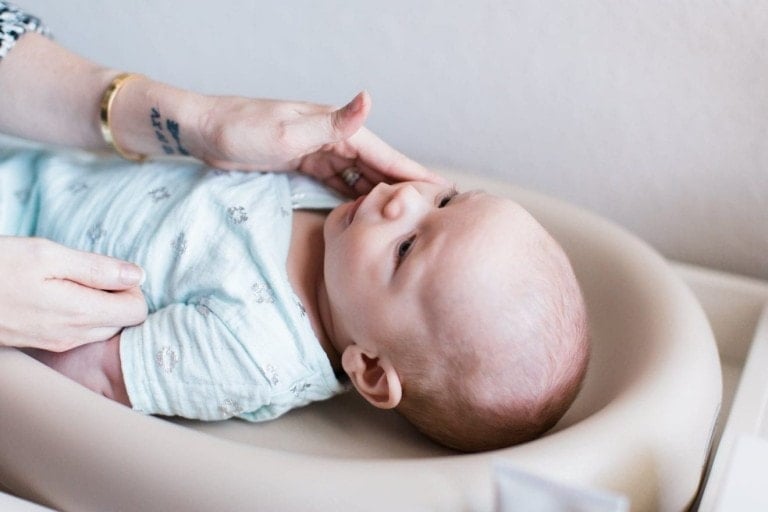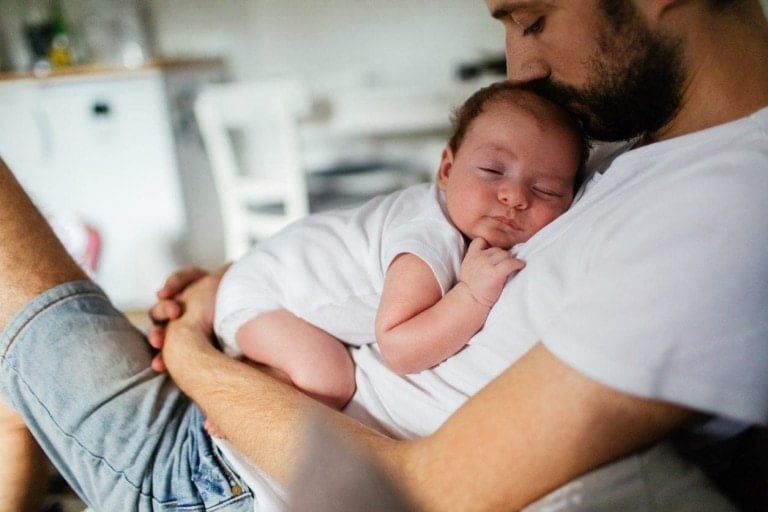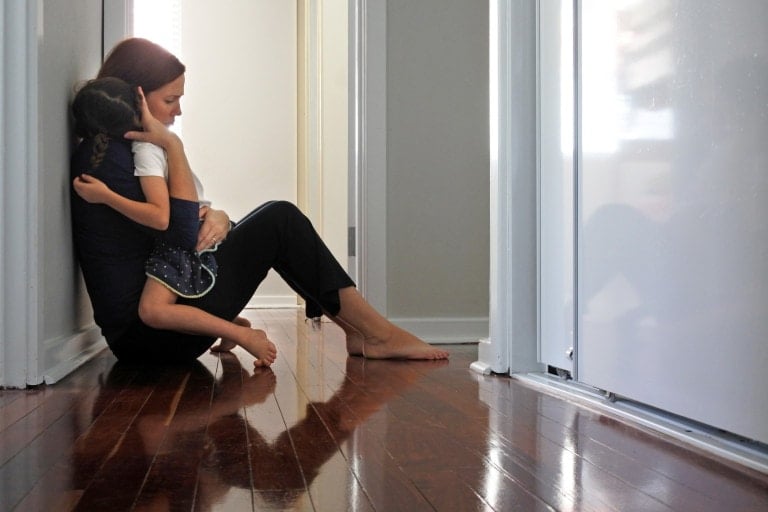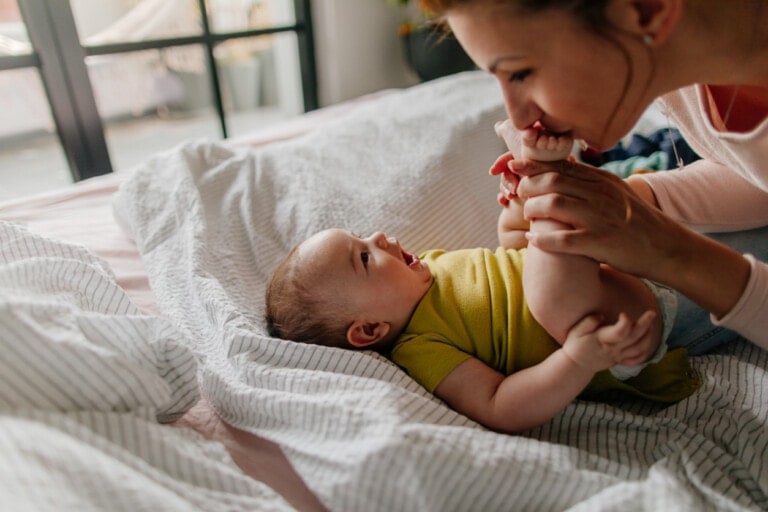When you have a new baby, people are often drawn to your little one like a magnet. However, in today’s world, particularly with the recent pandemic fresh on many parents’ minds, touching another person’s baby may be a complete no-no. You may not even be comfortable with a close friend or family member touching them unless they are clear of all illnesses and have sanitized themselves thoroughly before making contact. Nevertheless, if you find yourself in a public place with your baby and encounter inquiring hands, you may need a few effective ways to ask people not to touch your baby.
You may opt for one but not another tactic in the suggestions below, or you may want to try all of them. Do what feels comfortable for you personally. Options range from direct verbal confrontation to using physical barriers. Whichever tactic you use, setting boundaries so that you and your baby feel safe ensures that you and they remain protected.
What to Say to Discourage Unwanted Contact
Health Concerns
“I’m sorry, but we’re not letting anyone touch our baby because of COVID-19 and the risk of germs.”
This is effective because you communicate politely but firmly and express your concern about the current virus and pandemic.
“Would you mind not touching her? Our daughter’s immune system isn’t strong yet, so I don’t want anyone making contact.”
Pandemic or not, babies’ immune systems are not fully developed. It’s particularly important to shield newborns from excessive germs. So this statement works whenever you don’t want someone holding or touching your child.
“We’re being careful about germs right now so I’d rather you don’t touch my baby. Thanks.”
This is a direct and friendly way to tell someone you are not cool with them touching your kiddo because of germs. You don’t need to specify anything other than “germs.”
Be Firm and Direct
“I prefer people to ask before touching her.”
This clearly lets someone know that you must give permission.
“Let me be straightforward: we’re not letting anyone touch our baby right now.”
If you prefer being blunt or want to get straight to the point, this is a good comment when someone tries to touch your baby out in public or you are taken by surprise.
“We’re trying to teach our children early on about ‘consent’ and ‘respecting personal space.’ So I’d rather you ask me first.”
If you’d like to ask someone not to touch your baby and want to give them a more social and emotional context for the reason why this answer can help address your boundary.
“That’s not okay with me. Please don’t do that.”
This is a good response to use if someone crosses a clear boundary. For example, if you are holding your baby or wearing them in a sling and someone touches you close to your chest or your and your child’s personal space.
“Please don’t touch him. I didn’t give you permission.”
Again, if you or a child’s inherent boundary for personal space has been violated, you don’t need to “ask” someone not to touch. Feel free to tell another person not to touch your child firmly.
Make an Excuse
“We have to go, I’m in a hurry.”
It’s okay to make an excuse if you’re not in the mood for a confrontation. You get to choose how you want to advocate for yourself or your baby. Are you a shy person by nature? Or simply too tired from being up the previous night to speak directly? No problem. Simply excuse yourself from the situation.
“I have shopping to do.”
If someone is trying to touch your baby while you’re in the middle of running errands, tell them you have to return to the task at hand. Most likely, they will understand and head on their way.
“I almost forgot, I have to run to the bank.”
Reference your to-do list and make an excuse for leaving the current situation.
Make It About Your Baby’s Preferences
“He doesn’t like strangers.”
If you don’t want to directly ask someone not to touch your baby, feel free to speak on behalf of your child.
“She’s a light sleeper. She just fell asleep and I don’t want her to wake up.”
You can even add a wink or smile if you feel a connection with the person you are declining.
“My baby cries unless it’s someone she knows. If you don’t mind, I’d prefer you not to touch.”
This is a polite and even respectful way to tell someone you don’t want them to touch—for example, the nice old lady in line behind you at Target.
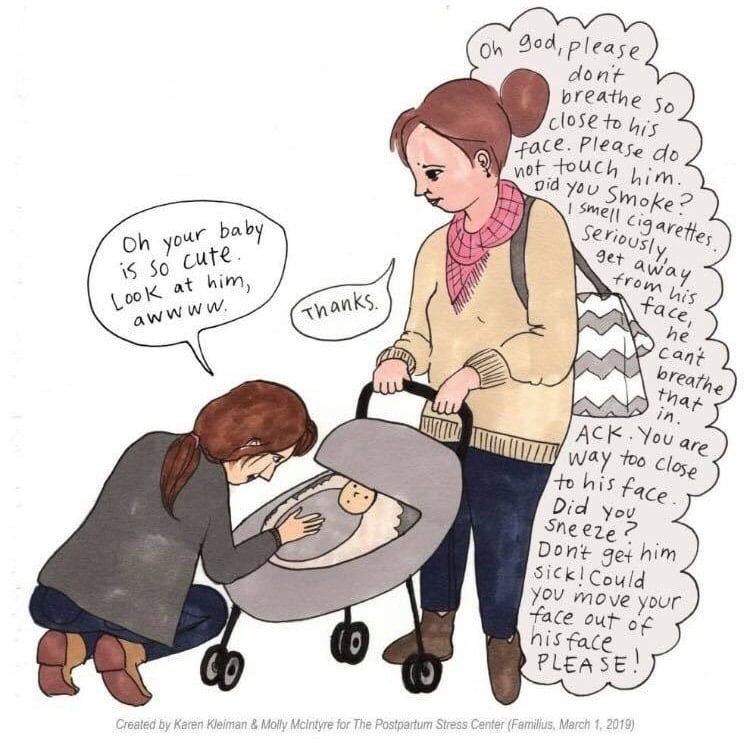
Ways to Discourage Touching Without Words
Wear Your Baby
Wear a baby sling so that your newborn is close to your body. This gives you more control over their proximity to strangers and people in general.
Cover Your Baby
Put a breathable netted fabric over their baby seat/baby stroller. This also prevents germs from landing on your little one if someone sneezes while you’re out grocery shopping or strolling down the sidewalk.
Block Your Baby
You can say “no” with your body language. Turn away from the person, steer your stroller or cart in another direction, or give them a look that communicates you aren’t interested in connecting, etc.
Hang A Sign
Perhaps one of the easiest ways to ask people not to touch your baby is to use a cute sign! Hang a little sign on the stroller or car seat that indicates your wish for them not to touch. This can be directly stated, such as “Please no touching!” or it can be funny, like “Watch out! Baby bites!” The sign says it all for you! If someone continues to cross your boundaries even with a sign, make sure you have a back-up plan from one of the suggestions above. Don’t worry, mama. Most people will completely understand your hesitancy to allow touching.


























